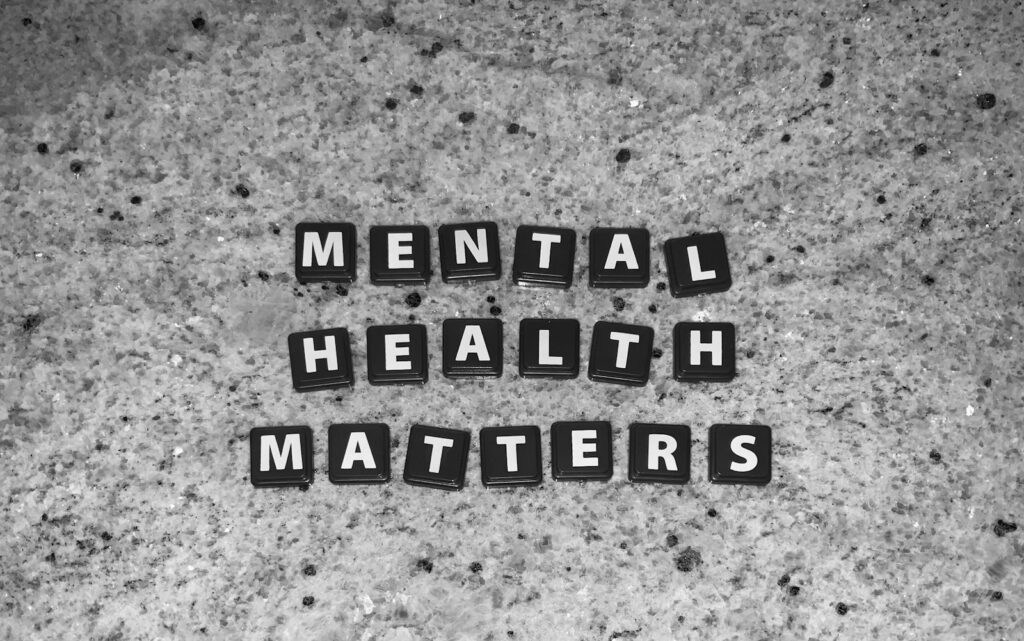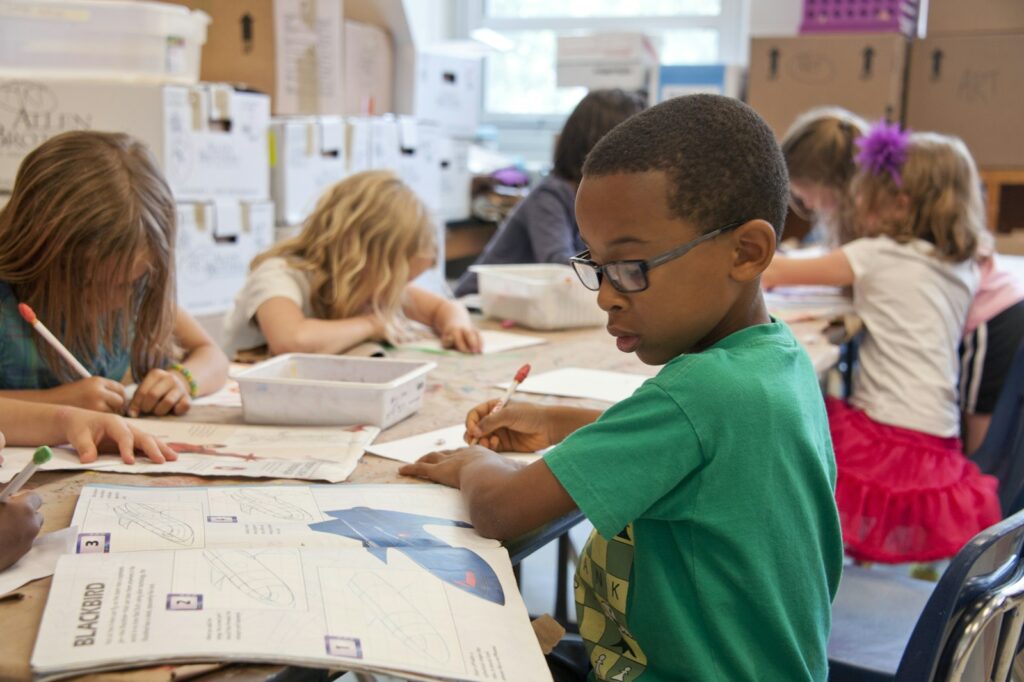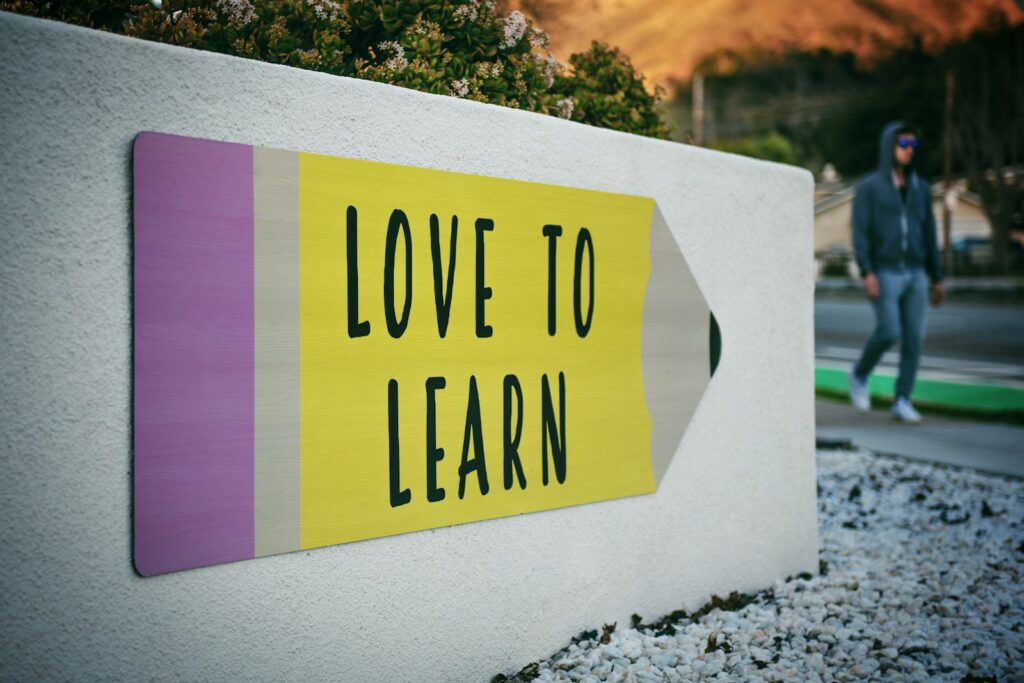Ready or not AI is here

I’ll admit: the latter question is hard for me to ask, as a former journalist here at EdSurge who built a career on writing. But AI writing is proliferating across professions. Marketers use it for advertising copy; financial analysts for synthesizing information. More than 4 in 5 teachers have used ChatGPT. Even in industries with stringent standards for human originality, AI is making inroads. The winner of a prestigious Japanese literary award used ChatGPT to write a portion of her novel.
Self Care Experiences

I love a good metaphor, but the one about self-care being an oxygen mask just doesn’t make sense. Let’s start with the obvious: Oxygen masks are important tools to help us keep breathing in an emergency. Self-care is about taking steps to support the best versions of ourselves—it does not require us to be in crisis or in need of emergency support.
Importance of Mental Health

“Week after week, I’d have the same group that I worked with, so I think that consistency in getting to know them and then going to tournaments, and coaching them from the corner — that was definitely pretty powerful,” he said.
Early Childhood and CTE

Nye’s Early Childhood Education class allows high school students to gain firsthand experience with teaching preschoolers. The students design and lead lessons, redirect children who aren’t listening, and—perhaps the hardest lesson of all, according to Nye—learn to say “No.”
The Power of Recognition

The interplay between recognition and the human psyche unravels a compelling narrative on motivation, performance and self-esteem. Personalized recognition, when woven thoughtfully into the fabric of an organization, can have a profound effect on individuals. These customized touches elevate not just their work experience but also their sense of worth and belonging. You can tap into the transformative power of recognition with thoughtfully designed awards that can be pivotal in not only acknowledging contributions but also in cultivating a positive organizational culture that resonates with every member. But first, we need to know why it works.
Connecting with students to boost attendance

Inside a locked room at Colleyville Middle School that staff members use for professional development, a “data wall” offers a glimpse of each of the school’s 600-plus students.
The Definition of Success

Through it all, we believe this post-COVID, tech-accelerated world needs a pragmatic approach to accountability, one that measures conventional academic attainment and adds critical social-emotional and career skills to the mix. Most importantly, this approach must honor the unique strengths and opportunities each community faces and ensure all its voices are heard, including students, families, teachers, administrators, and business and local leaders.
Tutoring and Attendance

Intensive tutoring is great for academics. Now there’s evidence it can boost attendance.
Lessons learned from Eclipse

Schools in path find teachable moments
Educators, students plan to make the most of upcoming eclipse

